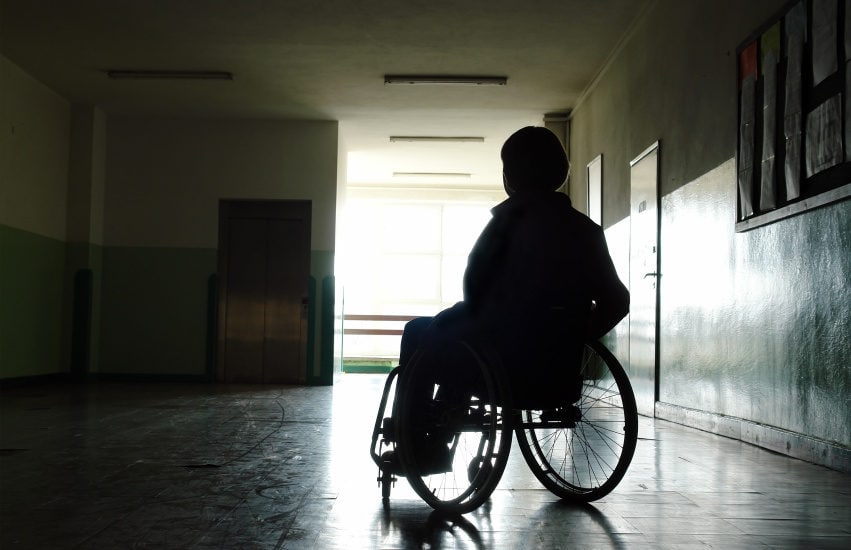
KJIPUKTUK (Halifax) – During this horrible pandemic people who live with disabilities face unique challenges. Maybe you are self isolating but you can no longer rely on your homecare worker visiting regularly. Or maybe you are institutionalized, non-verbal and no longer able to communicate with staff because a caregiver you rely on is no longer allowed to visit.
We talk with Sherry Costa, provincial coordinator for the Nova Scotia League for Equal Opportunities (NSLEO) about these and other issues.
What are the most urgent issues that are keeping you busy these days?
We’re very busy dealing with the additional impacts of this Coronavirus on persons with disabilities because there’s a level of complexity here that is not often considered by the able bodied. So we’re looking at trying to educate and protect at the same time.
Our main concern right now are persons who are in institutions, and persons with disabilities who are self isolating while service providers are unable to provide the level of home care they normally would have access to.
Let’s talk about the people who are self isolating first. What are the challenges they face?
We hear of persons who are dependent on homecare visits happening daily. But these visits are becoming fewer and farther apart. In some instances, they’re being cancelled without notice. So that person who is dependent upon a homecare worker to come in and change their catheter, and to get them out of bed. Now it’s not happening. That means the catheter is not being changed. Most people don’t recognize how dangerous that can be. We have to wash our hands on a regular basis, yet some people can’t wash their hands themselves.
When in self isolation we rely on the kindness of strangers, those around us. The challenge that we’re seeing for persons with disabilities who are self isolated is that whereas they would typically be part of a greater community to get their information, they now no longer have access to resources. Many wouldn’t be able to afford having a phone. It’s hard to believe that in this day and age people don’t have a phone, but people who live with disabilities are often very poor.
What about the people who live in large institutions?
In terms of people who live in institutions, those very measures that are put in place to protect us, things like restricted visiting rights, are also cutting off external caregivers. I am thinking of somebody in an institution who relies on their caregiver to communicate. If that caregiver is no longer allowed to visit and relay the communications, they’ve lost their ability to communicate with those who are in that institution with them. That could then result in an escalating situation because that person cannot relay what their needs are, and those who are trying to take care of that person don’t understand the needs.
A manifesto NSLEO co-signed raises the horrible spectre of triaging out people with disabilities, and you call for a reassurance from governments that this will not happen. What do you hear in the community?
The overall burden that is being put on the healthcare system is unprecedented, and we understand that. But there’s a real fear that persons who are institutionalized or are currently in hospitals and such are going to be triaged out of receiving care. It’s a fear that they will be denied care because they don’t fit the standard healthy body. It’s absolutely terrifying. We could be denied ventilators or even life support.
Because of society’s focus on COVID-19, on self isolating and everything else we are not thinking about individual rights. As persons with disabilities we have legal and civil rights to be protected in these scenarios. We cannot segregate a demographic in society without their voices at the table to help guide us on this very scary path.
We have persons who are in institutions who are afraid, and who often have no way of communicating with the outside, with their primary caregivers to be able to allay those concerns.
The underlying issue here is that as a society we have a tendency to generalize. So, for those persons without a disability, it’s not on our radar to think about how this would impact someone with a disability. The complexity of the disabilities is not considered in the decision making process, and how this crisis can be managed. We should not be further isolating a segment of society that is already isolated when those supports are so necessary to live a productive life, to just live the way you and I would live. If in a respiratory crisis we don’t have to worry whether we have somebody there who can communicate for us.
With a special thanks to our generous donors who make publication of the Nova Scotia Advocate possible.
Subscribe to the Nova Scotia Advocate weekly digest and never miss an article again. It’s free!



